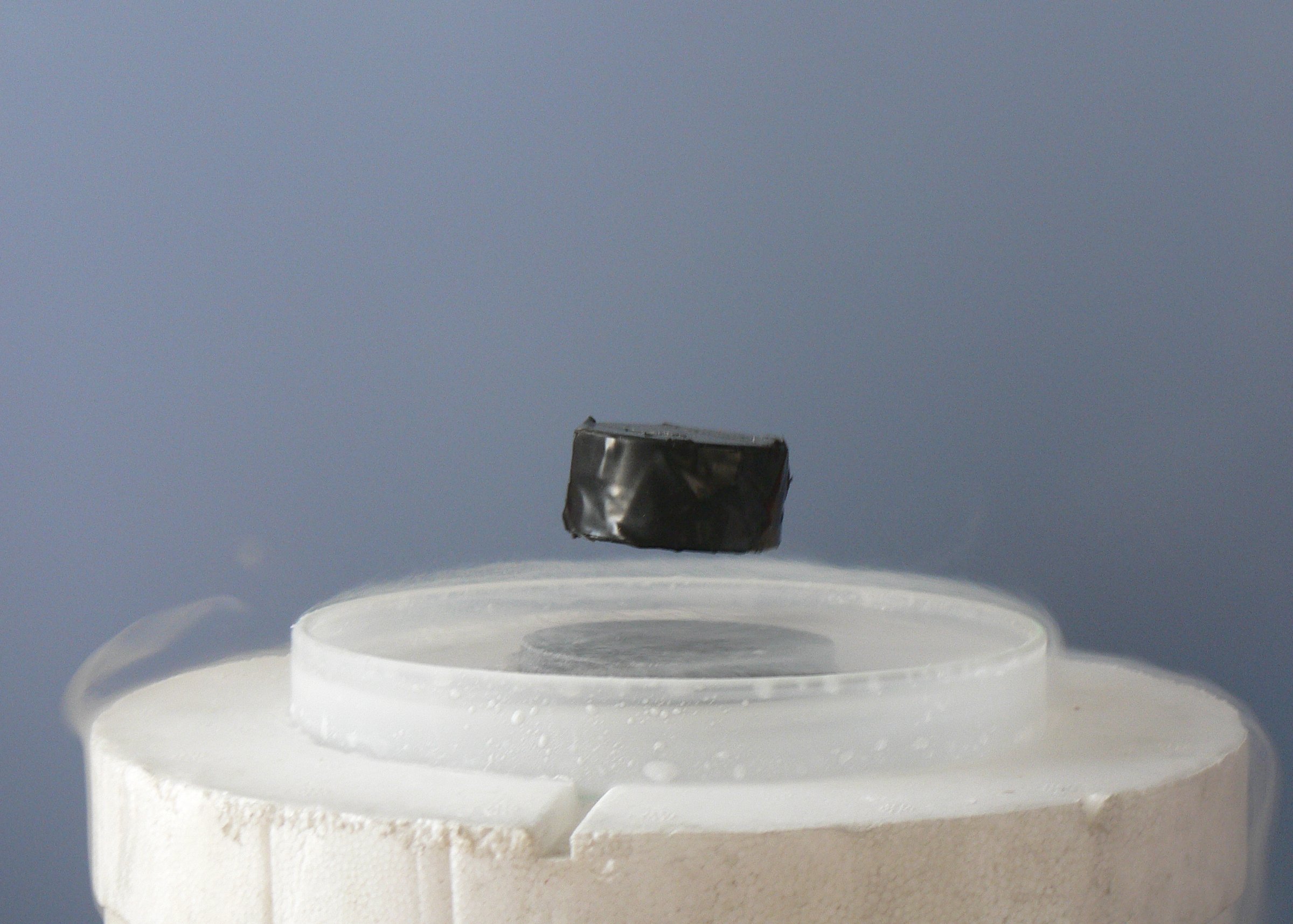
Photo from academic.microsoft.com
One approach to tackle the problems created by the vast amounts of construction and demolition waste (CDW) generated worldwide while at the same time lengthening concrete durability and service life… Click to show full abstract
One approach to tackle the problems created by the vast amounts of construction and demolition waste (CDW) generated worldwide while at the same time lengthening concrete durability and service life is to foster the use of recycled aggregate (RA) rather than natural aggregate (NA). This article discusses the use of polyhydroxyalkanoates (PHAs)-producing mixed microbial cultures (MMCs) to treat the surface of recycled concrete with a view to increase its resistance to water-mediated deterioration. The microorganisms were cultured in a minimal medium using waste pinewood bio-oil as a carbon source. Post-application variations in substrate permeability were determined with the water drop absorption and penetration by water under pressure tests. The significant reduction in water absorption recorded reveals that this bioproduct is a promising surface treatment for recycled concrete.
Journal Title: Materials
Year Published: 2021
Link to full text (if available)
Share on Social Media: Sign Up to like & get
recommendations!